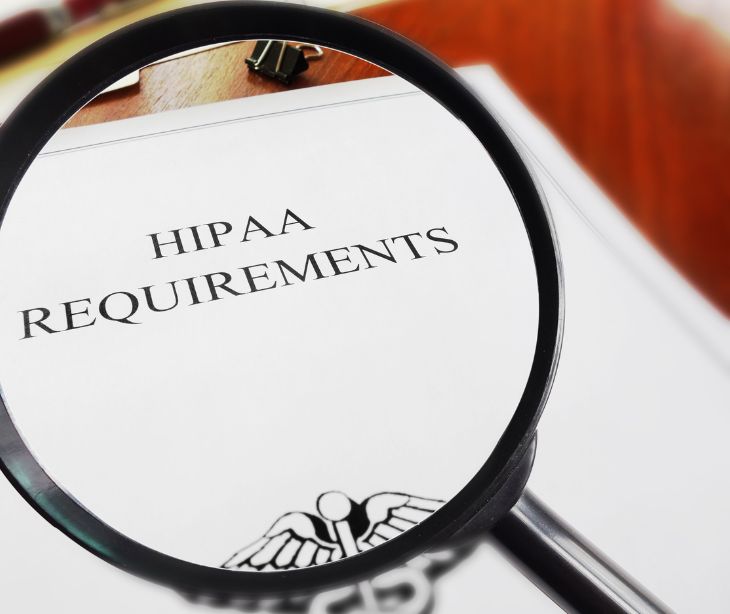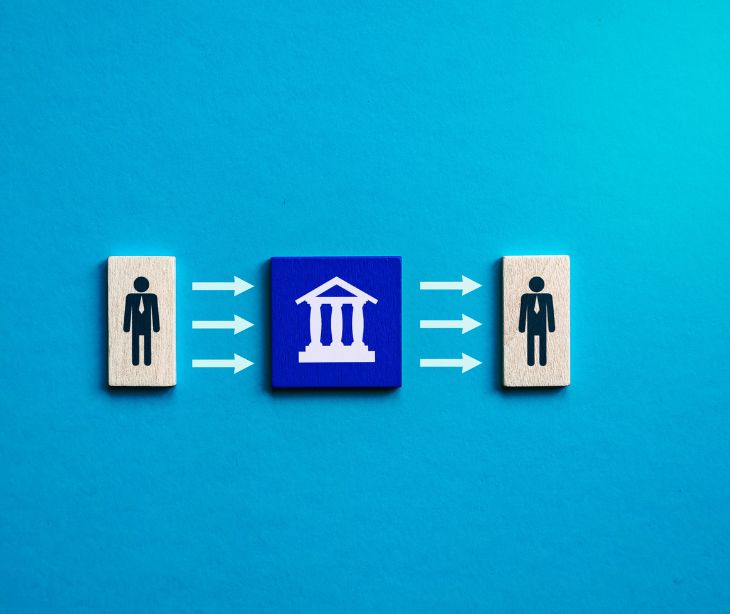
Under the HIPAA Privacy Rule, religious institutions that operate health clinics may be considered covered entities. As covered entities, religious institutions are generally subject to the entirety of the HIPAA Privacy Rule.
What is a covered entity?
The Health Insurance Portability and Accountability Act (HIPAA) defines a covered entity as an organization that handles sensitive health information. Covered entities are responsible for safeguarding the protected health information (PHI) of individuals.
Go deeper: What is a covered entity?
When are religious organizations considered covered entities?
Under the HIPAA Privacy Rule, covered entities include healthcare providers, health plans, and healthcare clearinghouses. Religious organizations are not automatically considered covered entities because they are religious organizations. However, there are situations where religious organizations may become covered entities or may have to comply with certain aspects of HIPAA.
Here are some scenarios where a religious organization might be subject to HIPAA regulations:
- Healthcare services: If a religious organization operates healthcare services like clinics or hospitals, it may be considered a covered entity. In this case, the organization is subject to the full range of HIPAA Privacy Rule requirements, which include protecting the privacy and security of individuals' protected health information (PHI).
- Employee health plans: If a religious organization offers health insurance or manages employee health plans, it may be considered a health plan sponsor and subject to certain HIPAA requirements related to the protection of PHI.
- Business associate arrangements: Even if a religious organization is not a covered entity, it may enter into agreements with covered entities (such as healthcare providers) to perform functions or services that involve the use or disclosure of PHI. In such cases, the religious organization may be considered a business associate and must comply with certain aspects of HIPAA.
How does the HIPAA Privacy Rule apply to religious organizations handling PHI?
For religious organizations that are subject to the HIPAA Privacy Rule, compliance involves several key elements, like:
- Privacy policies and procedures: Establishing and implementing policies and procedures to safeguard PHI and ensuring that employees are trained on HIPAA requirements.
- Patient rights: Respecting and facilitating individuals' rights regarding their health information, including the right to access their PHI and request amendments to it.
- Security safeguards: Implementing measures to protect the security of electronic protected health information (ePHI), such as encryption, access controls, and audit logs.
- Breach notification: Complying with the requirement to notify affected individuals and relevant authorities in the event of a breach of unsecured PHI.
Related:
Navigating HIPAA compliance
Religious organizations, when confronted with HIPAA requirements, should take proactive steps to ensure compliance:
Assessment:
- Evaluate the organization's activities to determine if they fall under HIPAA regulations.
- Consider healthcare services, employee health plans, and potential business associate relationships.
Policies and procedures:
- Develop and implement policies and procedures to address the protection of PHI.
- Train staff members on HIPAA requirements and the importance of maintaining privacy.
Business associate agreements (BAA):
- If engaging in business associate relationships, establish and execute appropriate agreements outlining responsibilities and compliance measures.
Security safeguards:
- Implement security measures to protect ePHI, including secure storage, access controls, and encryption.
See also:
- Business associate agreement provisions
- HIPAA Compliant Email: The Definitive Guide
- Can PHI be shared with clergy?
FAQs
What organizations or people are subject to HIPAA regulations?
The HIPAA rules define covered entities as health plans, health care clearinghouses, and health care providers who electronically transmit any health information in connection with transactions for which HHS has adopted standards.
What is considered PHI?
Under HIPAA, PHI is considered to be an individual's health, treatment, and payment information, as well as any further information maintained in the same designated record set that could identify the individual or be used with other information in the record set to identify the individual.
Go deeper: What is protected health information (PHI)?
What is the key to HIPAA compliance?
The key to HIPAA compliance lies in a comprehensive and ongoing commitment to safeguarding PHI.
What is a HIPAA violation?
A HIPAA violation refers to any unauthorized or impermissible use or disclosure of PHI.
Subscribe to Paubox Weekly
Every Friday we'll bring you the most important news from Paubox. Our aim is to make you smarter, faster.




